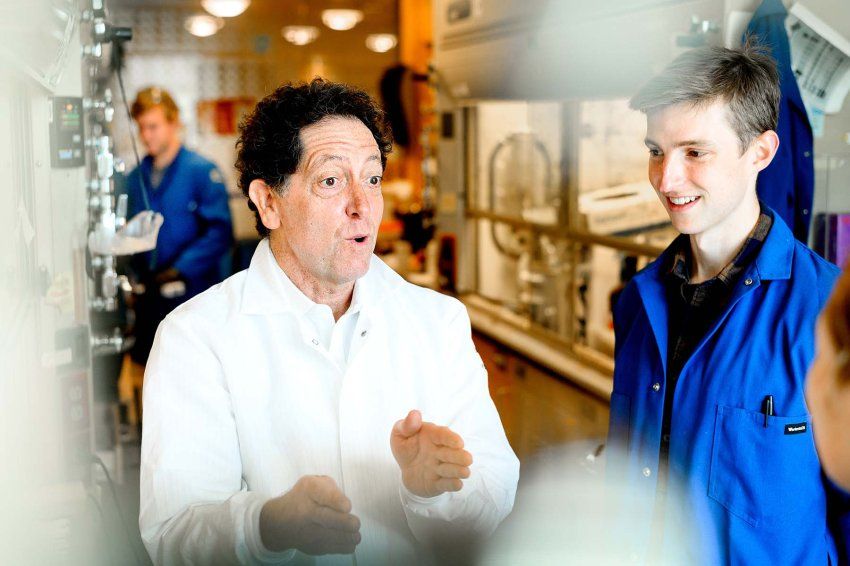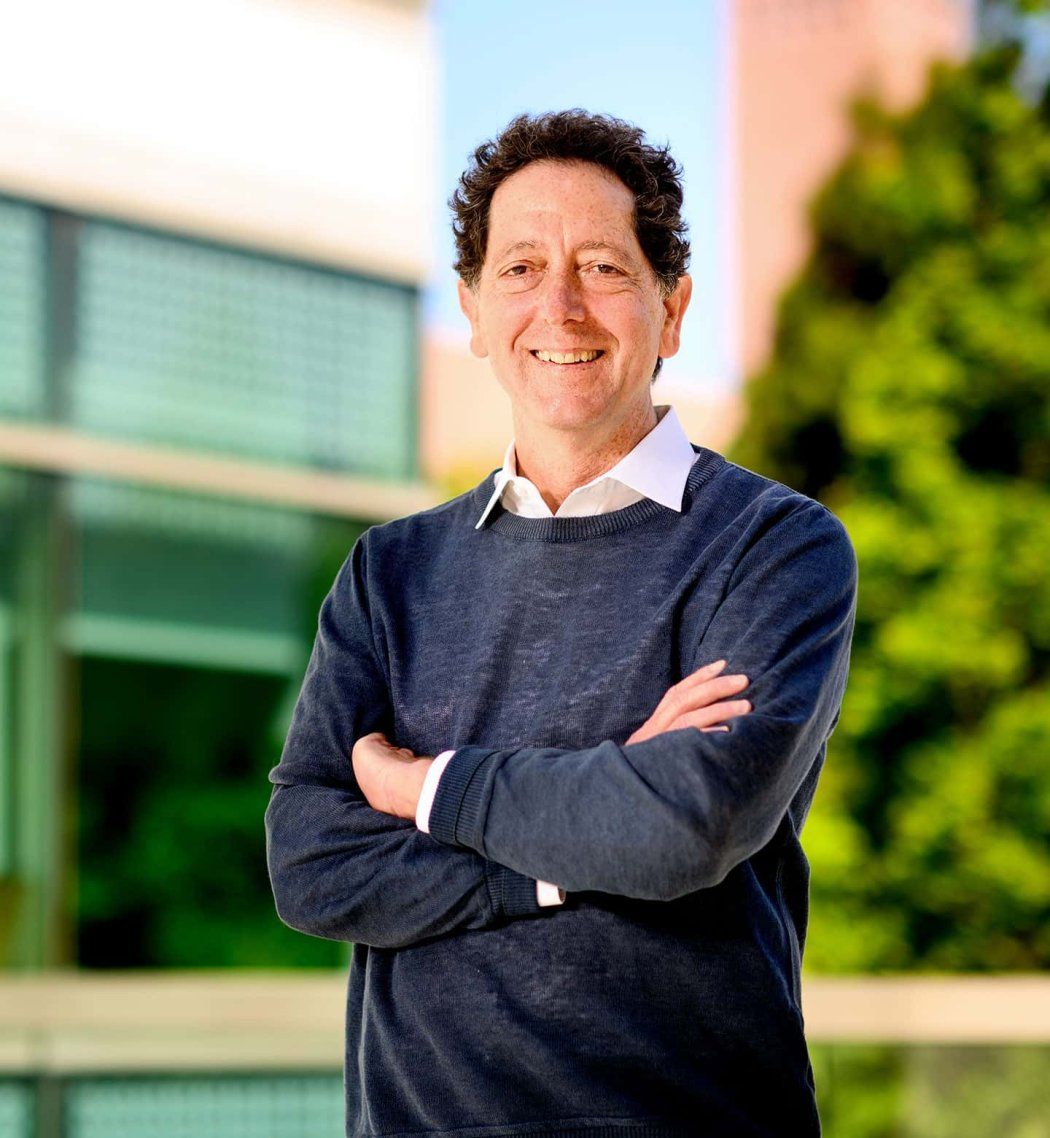The UC San Francisco scientist who developed a successful approach to drugging a protein produced by the mutated KRAS gene has won two prestigious awards in the opening weeks of 2023. The discovery, made by Kevan Shokat, PhD, in 2013 opened up new avenues for cancer treatment and research.
Mutations in the KRAS gene, which drive 30% of human cancers and are the culprits behind many challenging-to-treat lung, colon, and pancreatic tumors were deemed “undruggable” for decades until Shokat found a pocket in one mutated protein’s shape where he could lodge a drug.
Last month, Shokat, a professor of cellular and molecular pharmacology, was recognized by the National Academy of Sciences (NAS) with the organization’s annual Award for Scientific Discovery – given for pioneering breakthroughs in chemical biology to advance cancer therapy. He received $50,000 in prize money and another $50,000 to support his research.
The pace of KRAS drug discovery is moving so fast now that our assumptions about what seems possible are changing month-by-month.
In a statement, the NAS called Shokat “a pioneer of modern chemical biology, using innovative approaches to develop powerful molecular tools to advance basic knowledge and combat devastating diseases.”
More recently, Shokat was also honored as the recipient of the Sjöberg Prize from the Swedish Academy of Sciences, the same body that awards the Nobel prizes for physics, chemistry and economics.
Shokat’s work heralds “the start of an entirely new era, in which we will build upon this initial discovery,” said Urban Lendahl, PhD, a member of the Prize Committee and professor of genetics at Karolinska Institutet.
The Sjöberg Prize was established in 2017 using a donation from businessman Bengt Sjöberg, who died from cancer in 2017. The aim is to promote scientific research that primarily focuses on cancer, health and the environment. Winners receive $100,000 as a personal prize and $900,000 for continued research.
The first recipient of the Sjöberg prize was James Allison, PhD, who had a faculty appointment at UCSF 20 years earlier. In 2018, he received the Nobel Prize in Physiology or Medicine. Other past prize recipients have been recognized for developing revolutionary treatments and furthering our understanding of the molecular and cellular biology that underpins cancer.
“I feel so fortunate to receive the Prize for Scientific Discovery and the Sjöberg Prize for my lab's work on identifying a path towards drugs to treat KRAS-mutant cancers,” said Shokat, reflecting on the back-to-back prizes. “The pace of KRAS drug discovery is moving so fast now that our assumptions about what seems possible are changing month-by-month.”

Shokat was encouraged to tackle the challenge of KRAS genes by colleague Frank McCormick, PhD, FRS, DSc (Hon), the David A. Wood Distinguished Professor of Tumor Biology and Cancer Research. McCormick is now head of the National Cancer Institute’s RAS Initiative, which was established the same year Shokat made his discovery, and dedicated creating effective, new therapies for RAS-related cancers.
“Without Frank, we wouldn’t have pursued this so vigorously,” Shokat said.
Shokat was elected to both the NAS and the National Academy of Medicine in 2009. He received his undergraduate degree from Reed College in 1986 and his PhD in organic chemistry in 1991 from UC Berkeley, where he holds an appointment in the Department of Chemistry. He is also a Howard Hughes Medical Institute investigator and a member of USCF’s Helen Diller Family Comprehensive Cancer Center.
